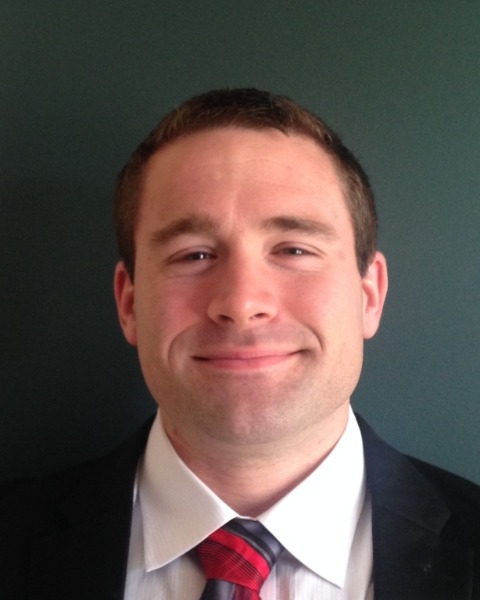Tactical Strength and Conditioning
(24) ASSESSING SLEEP QUALITY AND DAYTIME SLEEPINESSS IN POLICE CADETS DURING TRAINING

Christopher A. Perry, MS,CSCS
Assistant Professor
Eastern Kentucky University
Richmond, Kentucky, United States
Michael T. Lane, PhD
Professor
Eastern Kentucky University
Lexington, Kentucky, United States- AM
Annette Monk
Clinical Faculty
Eastern Kentucky University
Richmond, Kentucky, United States
Poster Presenter(s)
Author(s)
INTRODUCTION: Sleep quality and daytime sleepiness are critical factors influencing performance in tactical, professional, and academic settings. For police cadets, both cognitive and physical performance are essential. However, the impact of their rigorous training schedules on sleep patterns and overall sleep health remains unclear
PURPOSE: To assess the current states and behaviors related to sleep quality and daytime sleepiness among police cadets during their training period
METHODS: A cross-sectional analysis was conducted with 158 cadets who completed the Epworth Sleepiness Scale (ESS) and the Pittsburgh Sleep Quality Index (PSQI) at the beginning of their training (week 1) to establish baseline data. Sleep quality and daytime sleepiness were assessed to determine initial sleep characteristics. Descriptive statistics, including means, minimums, maximums, and standard deviations, were calculated to evaluate the sleep patterns of the cadets. Additionally, the prevalence of poor versus good sleep among the cadets (Epworth Sleepiness Score of ≥10; Global PSQI Score ≥ 5) was assessed to identify the extent of sleep-related issues in this population.
RESULTS: In our sample of 159 individuals, the mean Epworth Sleepiness Scale score was 7.24, indicating moderate daytime sleepiness, while the Global PSQI score averaged at 6.99, reflecting prevalent sleep issues. Additionally, 22.64% of subjects had Epworth scores suggesting significant sleep problems, and a striking 73.96% reported poor sleep quality via the PSQI.
CONCLUSIONS: The prevalence of sleep disturbances in our sample highlights the imperative of understanding and enhancing sleep health within police cadets to potentially boost their training efficacy and general welfare.
PRACTICAL APPLICATIONS: Proactive management of sleep health among police cadets is vital. Targeted strategies to improve sleep could sharpen cognitive faculties crucial for law enforcement, augment physical readiness, and mitigate health risks, ultimately fostering career sustainability and quality.
Acknowledgements: Department of Criminal Justice Training (DOCJT), Richmond, KY
